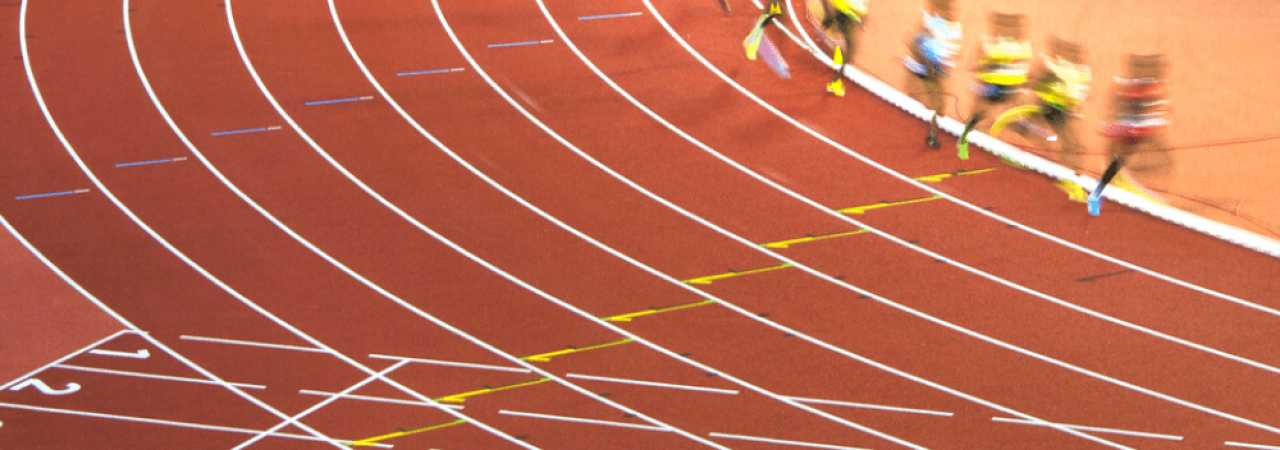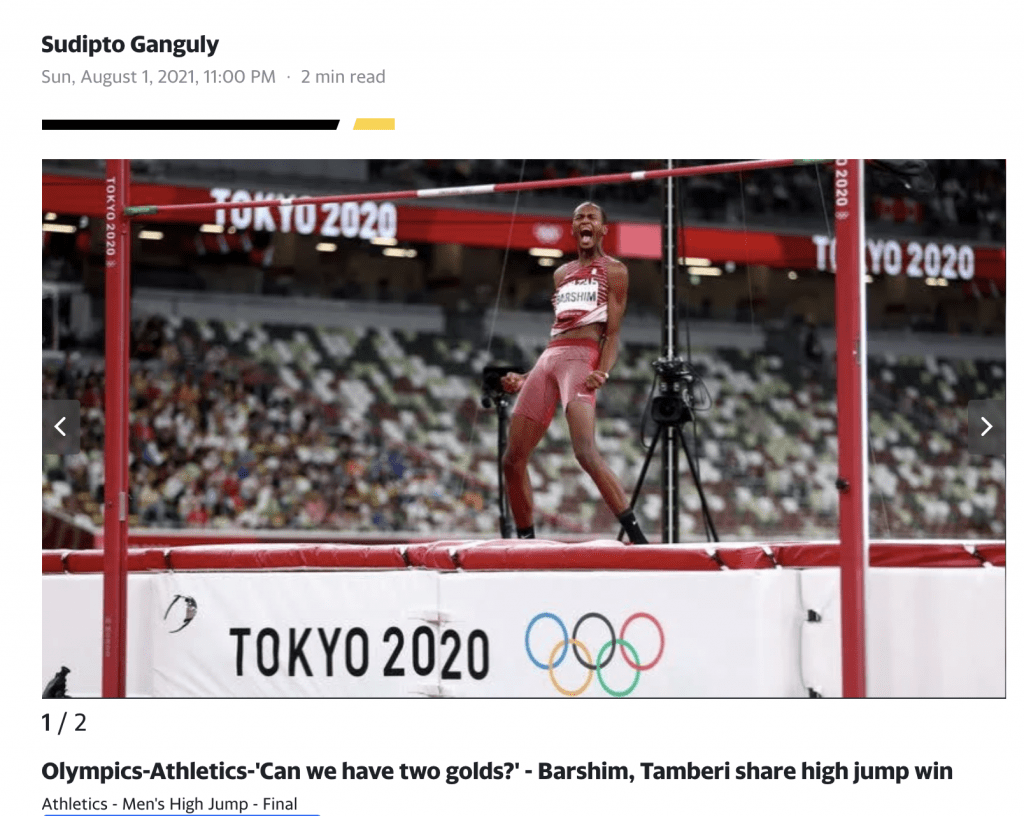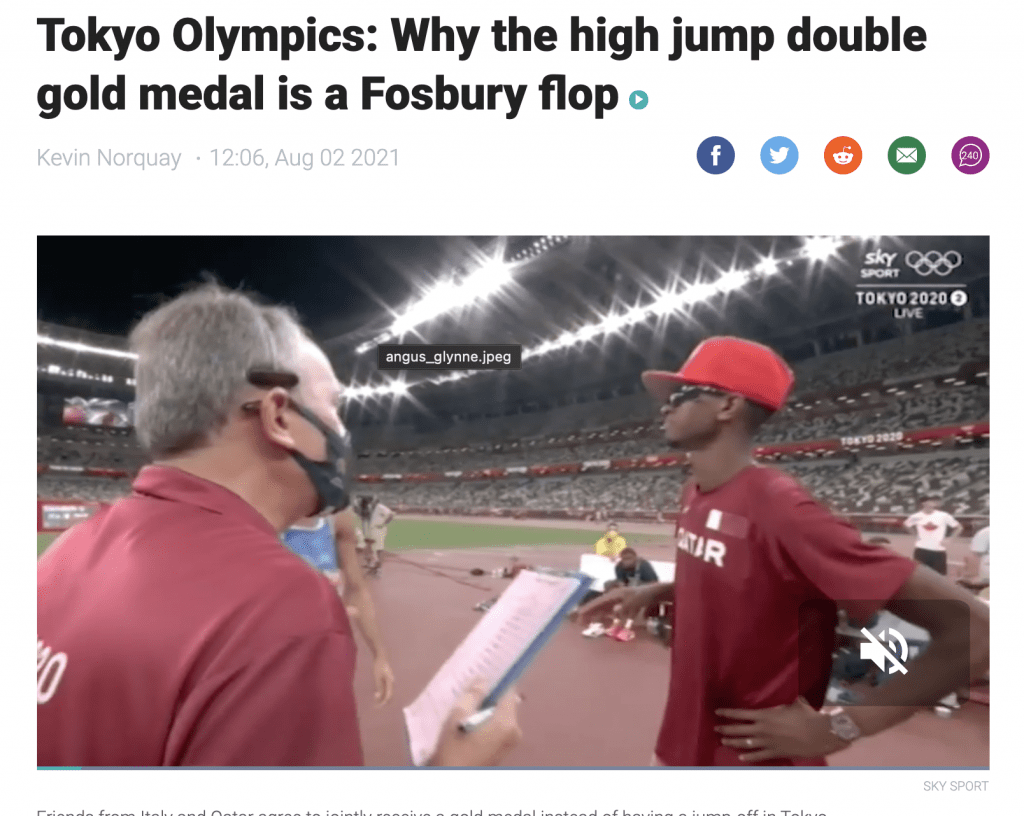More than gold medals – sharing the right messages to influence our students

The Olympic spirit of Pierre de Coubertin was originally described as the notion of taking part, rather than only focusing on elitism and obtaining medals. Represented as the pinnacle of human performance, one would expect the Olympic ‘legacy’ to result in an increase in physical activity levels, educational campaigns and grassroots sports participation. Researchers have found this is indeed not the case with no measurable change in sports participation either immediately before or after the Olympic Games.
This piece via The Lancet states, “the Olympic Games have not improved population-wide physical activity and might be an important missed public health opportunity”. It is noted that the Olympics contribute to sports facilities, promote sports education and foster elite sports training programs, yet these effects only reach high-level athletes.
The fact that the Olympic effect is only really reaching high-level athletes, coupled with a recent article in The Conversation on doping scandals at every Olympics “reaching back to the middle of the 20th century”, how can we ensure we as educators are delivering the right messages of involvement and fair play to our students in these hugely spectated and most anticipated sporting events? As educators and teachers we must be aware of these matters, and have these conversations with our students.
The sharing of the high jump gold was seen as the ultimate display of Olympic values … but was it?
Click on the links below to read a couple of articles that will help you open up the discussion about the different perspectives on this amazing situation. This can lead to a broader discussion on the true values of sport, fair play, friendship and success.
This blog post was adapted from an original article published on the ACHPER Victoria website.




